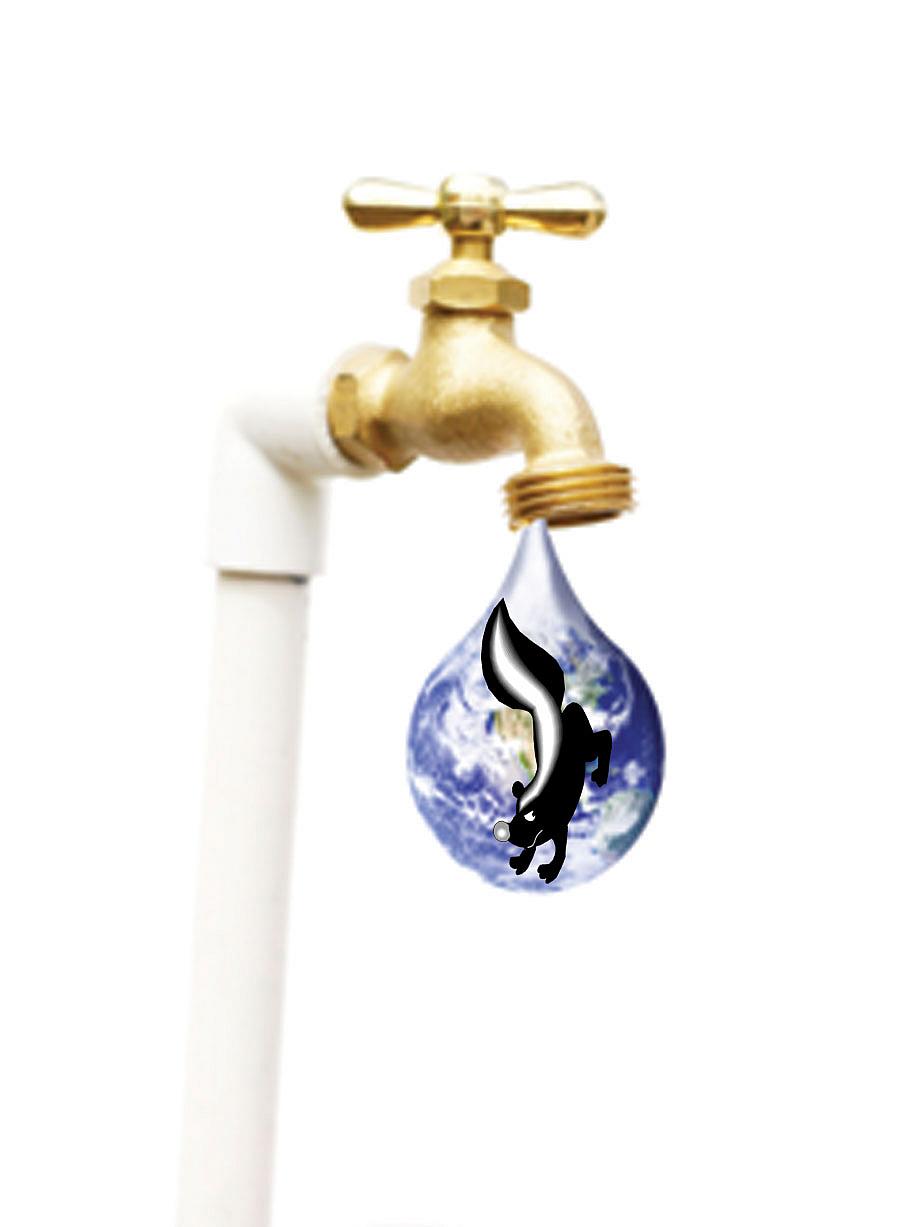Drink That? No Way...It Stinks
Scientists tell us that pure water should be odorless and tasteless; acts of Mother Nature and mankind’s industrial endeavors don’t always keep it that way. Sometimes it stinks. Literally.
What are some of the common causes of odor in our drinking water?

Scientists tell us that pure water should be odorless and tasteless; acts of Mother Nature and mankind’s industrial endeavors don’t always keep it that way. Sometimes it stinks. Literally. Water odor has plagued mankind throughout recorded history. It comes in several forms, some naturally occurring and some induced by mankind’s industrious nature. The key to understanding water odor is to learn the difference between naturally occurring odors and man-made odors and what are possible causes of each. What are some of the common causes of odor in our drinking water?
While odor and taste are not on the EPA’s primary list of concerns – health risks come first over aesthetics – the EPA’s Secondary Drinking Water Regulations do deal with the permissible levels of constituents’ that affect odor and taste of water. Some of the odors in your water happen naturally; others are a result of man-made influences. Either way, stinky water isn’t something you want to drink.
Musty Odor- If your water has a musty earthy wood smell, the cause is probably harmless organic matter. Perhaps you’ve had the earthy smell before so you decided to chlorinate the well. Now the water smells like a bottle of Clorox. What caused the Clorox smell? You guessed it – excessive chlorination.
Rotten Eggs- Rotten egg smell is a common household water odor problem commonly caused by dissolved hydrogen sulfide in the water supply. Underground decaying matter is often a creator of hydrogen sulfide.
Sulfur reducing bacteria chemically alter naturally occurring sulfur present in the sediments under the earth. When the bacteria come in contact with groundwater, they release the sulfates and create hydrogen sulfide. This occurs, advises Wilkes University Center for Environmental Quality, Environmental Engineering and Earth Sciences, because, “Sulfur-reducing bacteria live in oxygen-deficient environments such as deep wells, plumbing systems, water softeners and water heaters.” Wilkes website, further advises that “These bacteria usually flourish on the hot water side of a water distribution system.” This problem can occur quicker if magnesium anodes are used in the heaters and softeners.
Detergent Odor- Detergent odor in the water is also a common problem caused by seepage from systems in your home that put detergents back into the groundwater. Malfunctioning septic systems can also cause detergents to leech back into the home’s water supply.
There are also several common odors that occur in the water that are created by man-made causes.
Gasoline or oil smell -petroleum based, usually either from an oil spill, a gasoline spill, or natural gas seepage into the water table. This seepage is usually caused by a leaking underground storage tank or a pipeline failure.
Methane Gas– is highly flammable, so if it’s encountered, caution should be taken. It is generally created by naturally decaying organic material such as garbage and the smell gets into the water supply because of seepage. Houses built near landfills, especially new developments built over old landfill areas, can experience a methane problem.
Shallow water wells near swampy areas also experience methane gas smell. As the organic trees and shrubbery decay, some of the odor can migrate into the water table, especially if surface waters and ground waters are only separated by a few feet in depth.
Phenol or Chemical Smells–become commonplace whenever there are failures at industrial sites. Many famous superfund sites have been created by chemical water contamination cases through the years from industrial waste seeping into the aquifers. Unfortunately, by the time you have experienced odor in your water, the spill could be several decades’ old and contaminated water might have poisoned your livestock, pets, and family members.
It’s so commonplace for these man-made odors to exist that a lot of people invest in water conditioning, water softening, and bottled water to try and remedy the situations. If you suspect contamination, you need to call an environmental professional to help find the source of the contamination and so that it can be removed from your water.
The key to dealing with odors in your water is to become water wise – to learn when the odors are hazardous and when they are not – when to handle water odor yourself and when to call a professional.

